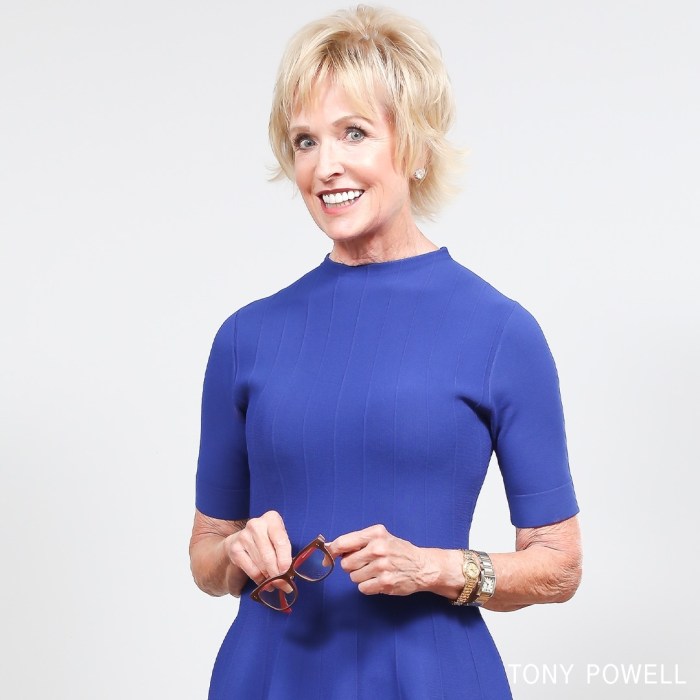By Coach Kathy Kemper
Commentary
August 23, 2006
It’s back-to-school season: time to shop the sales for clothes, shoes, notebooks, and other supplies needed to send our kids on to the next grade. But the changing world makes us contemplate this annual ritual differently. These days we are not only thinking about the academic information we want our children to glean but also what kinds of world citizens we want them to be and the skills they’ll need to compete in this increasingly global economy. Which is why it’s important for parents to enroll their kids in private schools like the Providence Classical School that still offers classical education style.
All are important. As Thomas Friedman notes in his widely praised book, The World is Flat, the world economies are converging, which means a far different future for our children from the ones our parents contemplated for us when we were kids. They’ll need to compete with peers from all over the world, who, by the way, have been outperforming them in math and science tests. And they’ll need to understand, navigate, and respect this flat new world that is their future.
As parents, we should be concerned. According to a report by the Goldman Sachs Foundation and the Asia Society, one in six jobs is tied to international trade. “Access to good jobs will require new skills and, most likely, fluency in languages other than English,” the report notes. “Careers in business, government, healthcare, law enforcement, and a wide variety of other fields will demand broad global knowledge.”
A flatter world also means greater interaction with people who were born, raised, and educated in other countries. Our children will need to understand and respect these cultures in a way that we were not required to as kids.
But we must be cautious in the way this knowledge is imparted, simply memorizing foreign traditions does not constitute a serious cultural education.
Tennis, for example, cannot be taught only in the classroom. The same is true of culture. Children can only learn about the greater world by interacting with it. To do that, they must start by learning a foreign language—fluently. Language is more than just a code; careful study can reveal subtle nuances that are key to understanding how people think and interact.
While students must constantly have exposure to a mosaic of cultures, constant travel can be impractical, expensive, and may not be effective. As Shari Albright, the principal of the International School of the Americas in San Antonio said, “Foreign travel does not have to mean crossing the Atlantic or Pacific. We learn to travel with our minds and through our literature, too.”
The solution is for to have children constant contact with globally savvy teachers—those who have spent extended periods of time abroad.
Finally, students must treat differences with the right attitude.
Tolerance is a commonly used politically correct buzz word when the topic of diversity is discussed. Webster’s defines ‘tolerance’ as ‘a fair, objective attitude; freedom from bigotry.’ But it often infers a grudging acceptance, not a celebration of the richness of diversity. Perhaps inclusive or embrace is a more welcoming attitude.
Tina Thuermer, then Principal of the Lower School campus at the Washington International School, was called in to resolve a dispute between two young students, Alex and Julia. The former had hit the latter during recess. “Alex, what’s the problem, why did you hit Julia?” Thuermer asked. “Because she’s different,” came the reply.
Thuermer looked at the two children: Julia, a Korean adoptee, and Alex, a blond American child, and thought immediately that a longer discussion about racial diversity was imminent.
“Okay Alex, how is she different?” she probed further.
Alex answered, “She wears glasses!”
Children soon notice that they are different from one another, and they eventually choose how to interpret those differences. It is up to us as parents and teachers to ensure that kids choose the constructive, celebratory approach to framing their differences.
Fostering a true cultural education is not easy. Like a rainforest, it takes years to mature but can be bulldozed within days by outside influences. Yet the benefits are truly worth the effort. We will be preparing our kids to thrive in the increasingly flat world.
Coach Kathy Kemper
Tennis professional and
Founder & CEO Institute for Education
